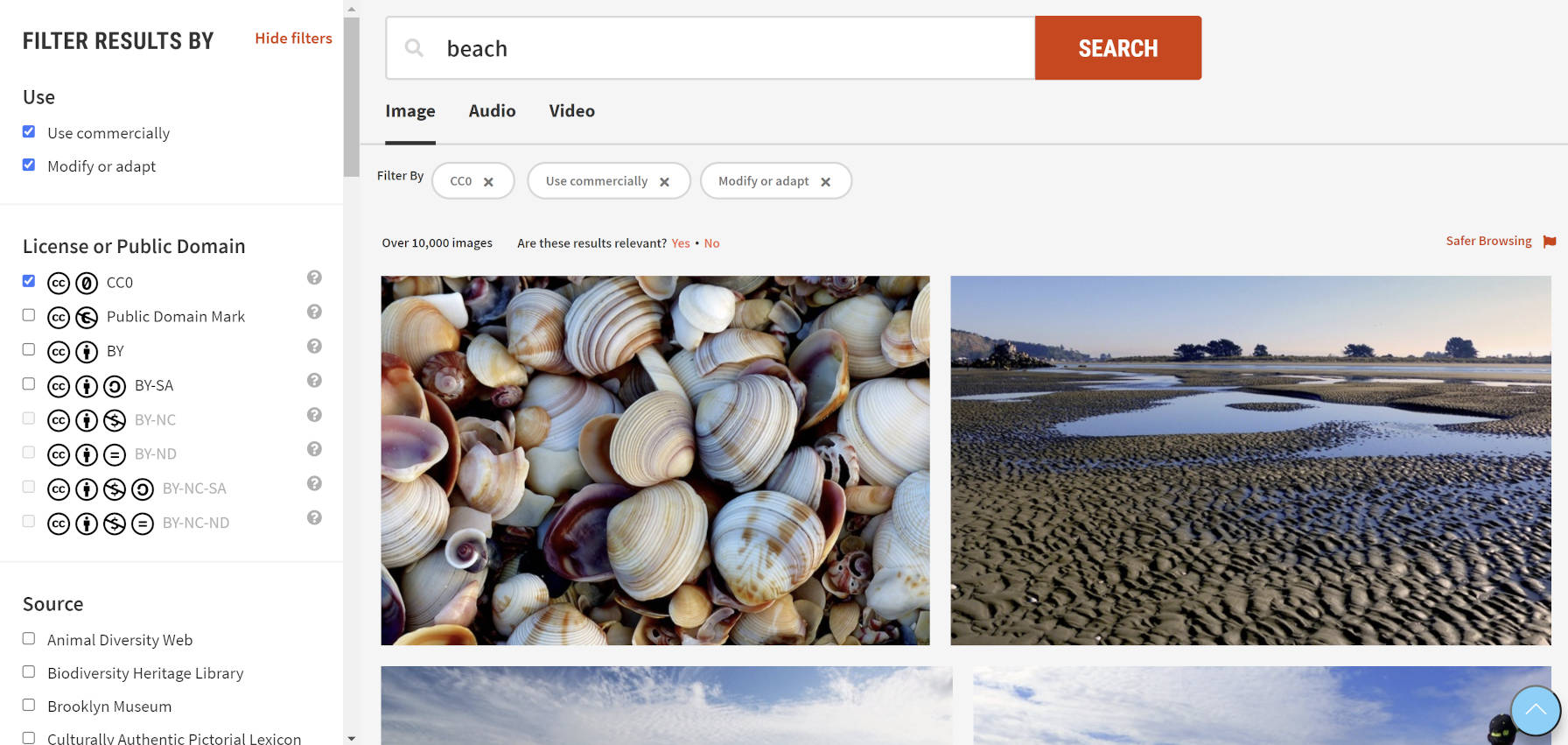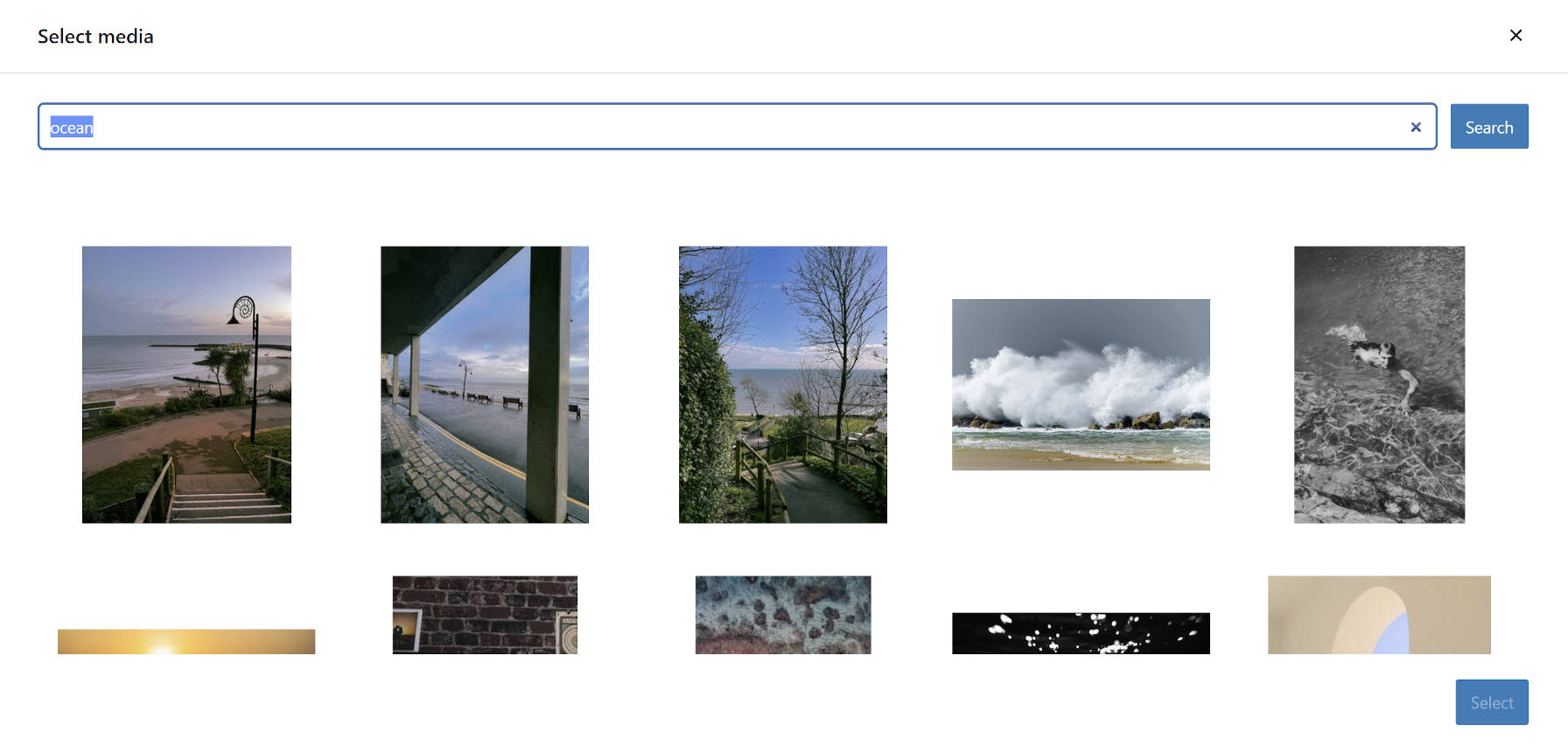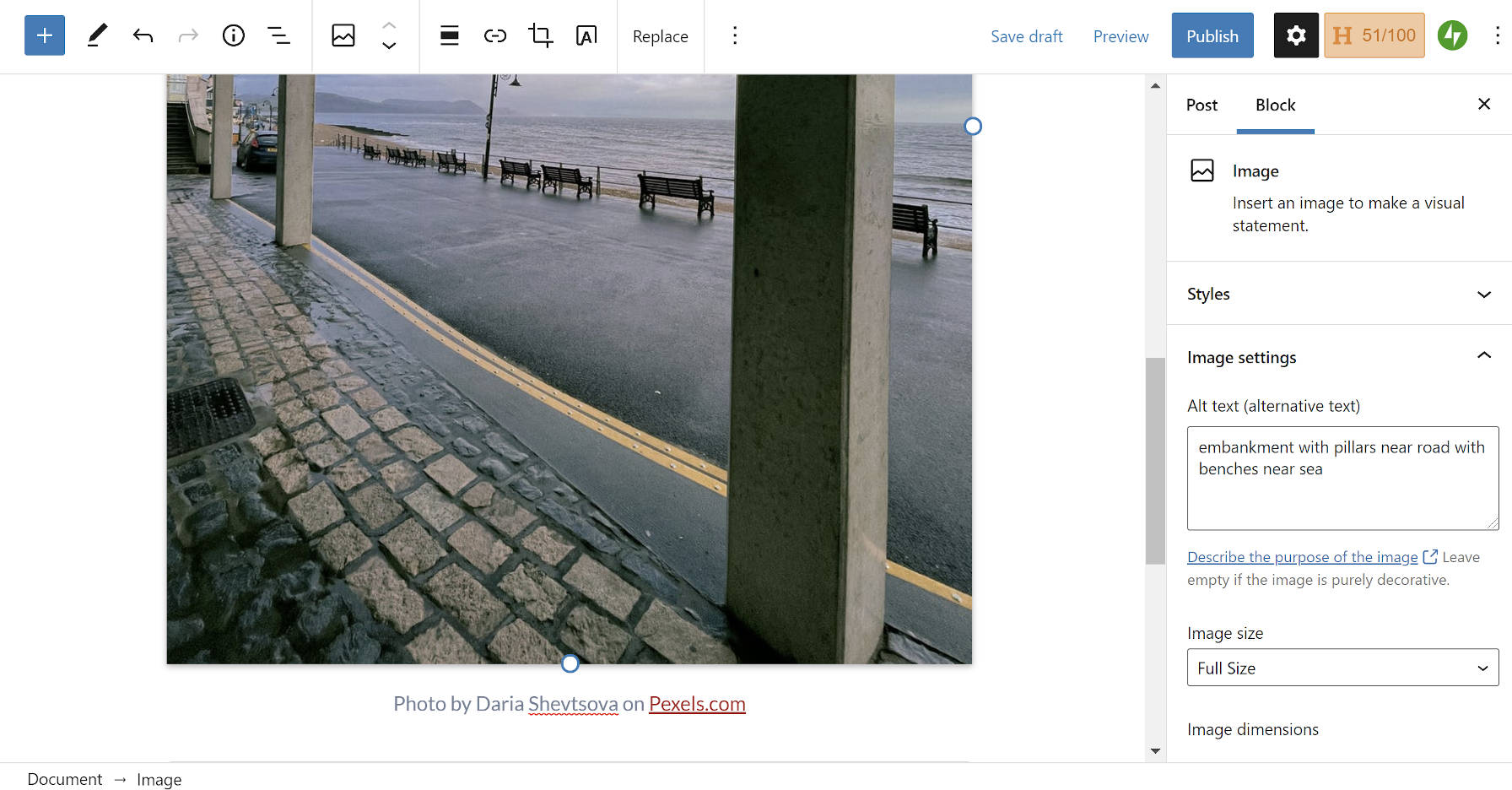In today’s episode of the WP Briefing podcast titled The Commons of Images, host Josepha Haden Chomphosy discussed the Openverse project with WordPress lead Matt Mullenweg. Automattic recently paid the non-profit Creative Commons organization for their Creative Commons Search engine to be hosted on WordPress.org, where there will be a community-run team taking over. They are going to change the name of the project to Openverse when it launches.
A more official announcement of the project and team is expected to be announced shortly. However, now is the time to begin exploring what this will mean for both WordPress and the web as a whole.
Over the last couple of years, theme authors have watched as their favoured image services offered them problematic license and terms changes to try and figure out. This domino effect of services not wanting their competitors to build upon their collections of open-source media shifted the landscape. Pexels, Pixabay, Unsplash, and others started to add limitations to how their images could be used on other sites. These limitations meant images from those services were not allowed in WordPress.org themes anymore.
For the various theme creators, this meant the pool of open-source images became smaller in a time when it should have been growing.
“What happens today is there’s stock photography sites, some of which used to be Creative Commons-based, but many have moved away from that, so they essentially relicense their user contributions.”
said Mullenweg
This is not just an issue for creators on the theme directory though. The burning question of where to find free images without these license agreements crosses the entire range of the WordPress community. Even users should feel safe dropping a decorative or featured image into their post without digging through the legalese of each image they want to use.

The web is full of content under the umbrella of the Creative Commons licenses. However, it is often tough to find them from all the different sources. Mullenweg said that image, audio, and video files are each “a little bit of an island” in his description of the problem. That discoverability issue is part of what the Openverse project is meant to solve.
Sites that have changed their terms or licenses did so after becoming players in the stock photo space. However, their growth was on the back of the open-source world first. They should have expected some backlash after making the changes. And, WordPress is the ideal type of community to make a truly free alternative to all this chaos.
Potentially Revolutionary
The Openverse project can be a game-changer in two ways. The first being the direct integration into the WordPress media library. The second is it provides another avenue for people, even those that are not developers or designers, to contribute to the open content of the web.
The platform’s built-in media library is due for an overhaul anyways. Uploading and adding images to a post is a relatively simple thing to do, if you have them on hand. Going to a stock photo site and choosing an image is often the course of action when users need to find the perfect photo to plug into a post they are making and don’t already have an image of their own. However, this takes users outside of the WordPress experience, creating a blockage in the content-creation workflow.
The plan for Openverse is to integrate its search feature directly into the media library. This allows them to put millions of media files into the hands of creators without ever leaving WordPress again.
Some plugins that already exist do this for various stock photo sites. Automattic’s Jetpack, for example, offers access to the Pexels collection.

Pexels has its own license similar to that of Pixababy and Unsplash. However, it does distinguish between CC0 (public domain) and the Pexels License on a photo-by-photo basis. Unfortunately, that license info is not shown in the Jetpack integration. The hope is that the eventual integration of Openverse and WordPress is more robust, offering a clear view of what users are getting when they find an image they like and then want to use on a post or page they are creating.
There are still some things for them to copy from Jetpack’s Pexels integration. Automatic photo credits and alt text are a set of welcome features that generally make the web a better experience. Adding the credit to the image caption is a nice nod to the creator, and the often forgotten alt text is necessary for users with screen readers to know what the image is.

One of the biggest takeaways from this episode of the podcast is what Openverse can be for the web.
“We’re going to try to bring the WordPress philosophy to this space,”
said Mullenweg
He acknowledged that there is and should always be a market for professional media creators to host their work. There are sites galore for people who want to offer commercial access to their images and more.
“But we just want to make an alternative, so those who want to donate their work to the world, much like engineers, and designers, and translators of WordPress, donate their work some of that effort to the world, they can do so,”
said Mullenweg
Openverse must become more than just a media search engine. It needs to be a project where the Average person can upload a nice nature picture they took over the weekend barbecue for others to use. A place where that same person can share a video clip of the ocean waves hitting the shoreline from their beach trip they recently went on. And a place where professionals can pay it forward to the world.
The real excitement is mostly about having a trusted place for theme authors and designers to grab free media. One could only imagine what this could mean for the upcoming block pattern directory that’s being created as well, a place that will need quality images without restrictions as well.
The best part is the project is 100% open source too. Developers can fork the search engine and create their own version of it. Competing content management solutions will also have access to the public API, offering open-source media to their users if they chose to integrate it.
Bringing the WordPress philosophy into the stock media space is a plan I can get behind for a more open and free internet.
Leave a Reply